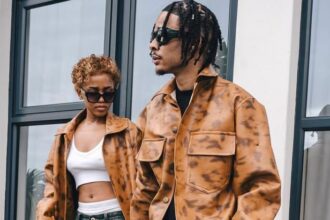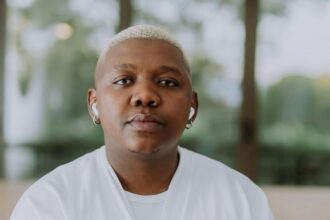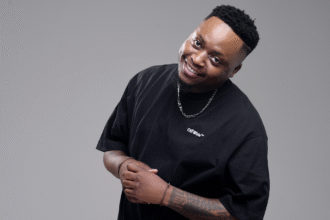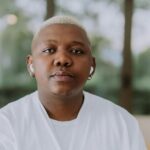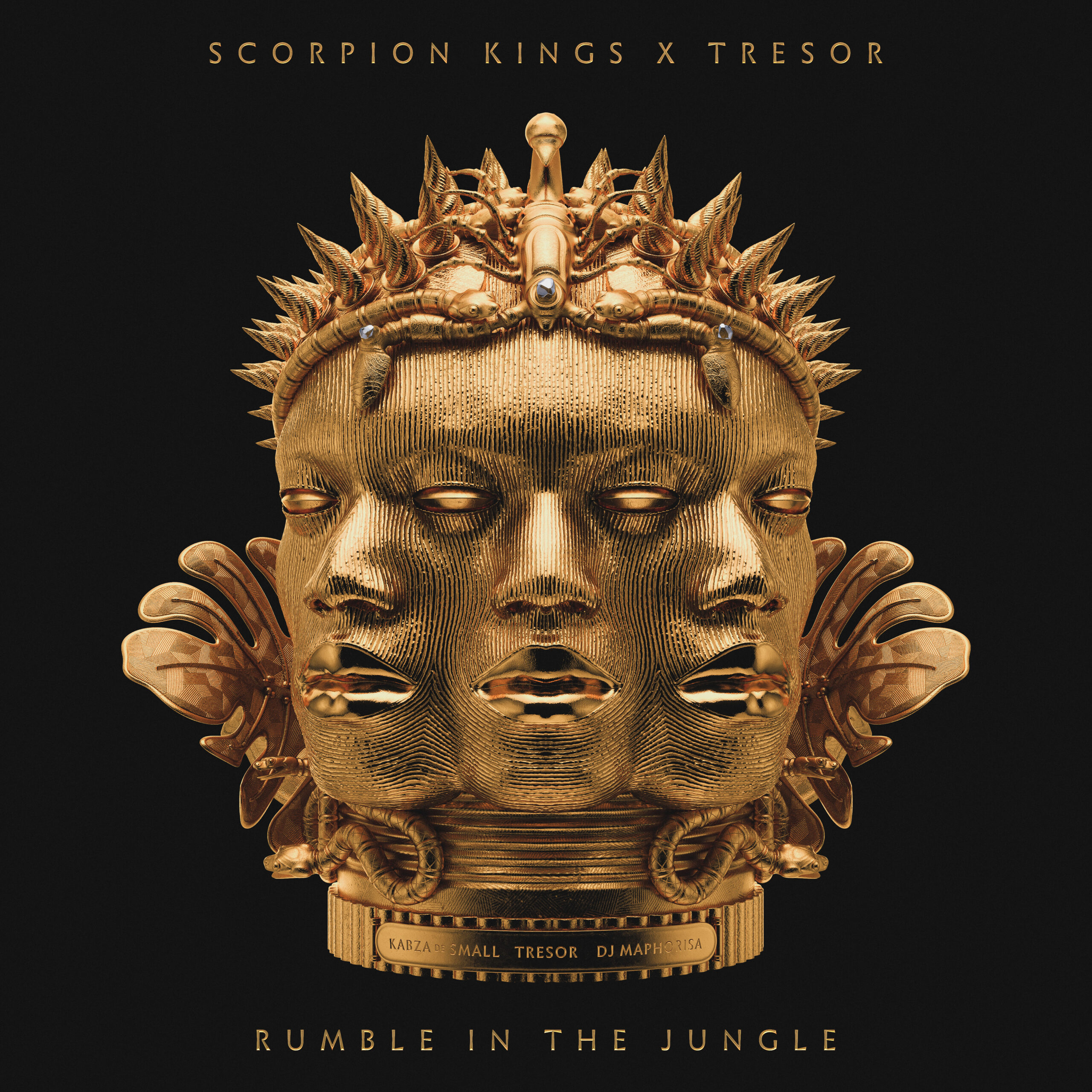The Evolution Of Amapiano. Amapiano is much more than just a hybrid of deep house, jazz piano and lounge. It is the sound of a new generation of black youths in a country. Chances are that whatever track introduced you to the genre doesn’t sound like the latest you’ve heard from it. Perhaps that’s one of amapiano’s greatest strengths, or what sets it apart from other music genres: its constant mutation and evolution, especially within short periods of time.

The music industry has changed dramatically over the last decade. Record sales have plummeted and the way people listen to music has shifted. Artists rely heavily on streaming services and social media to promote their music. Some have found success in this new landscape, while some are still figuring it out.
It is estimated that South Africans earn $3 800 (R65 000) per million plays on Spotify and $7 800 per million on Apple Music. This translates to roughly 5c per stream on Spotify and 11c a stream on Apple Music. Music streaming service Deezer’s latest figures reveal that amapiano — Zulu for “the pianos”— was the number one streamed playlist in South Africa last year, seeing a 115% increase in total streams.
While the debatable birthplace of the genre often points to townships in Johannesburg, many enthusiasts argue and rather mention those of Pretoria. Before these conflicting remarks, however, there was a sound uncontestedly birthed in the city now known as Tshwane. During the 2000s, artists and DJs/producers such as DJ Mujava, DJ Spoko, House Station, Mzo Bullet, and others pioneered Bacardi house and what was commonly known as “sgubhu saPitori” with songs such as “Township Funk,” “Tobetsa,” “Casablanca” and “Mugwanti.”
DJ Maphorisa, 34, and Kabza De Small, 29, played a pivotal role in popularising amapiano, and since uniting as Scorpion Kings in 2019 — they have more than 10-million streams to date — they’ve become the global figureheads of the sound. Other artists flying the SA flag high are Mr JazziQ, Major League DJz, DBN Gogo, Busta 929, Focalistic, Musa Keys, De Mthuda, Vigro Deep and Lady Du, to name a few.

